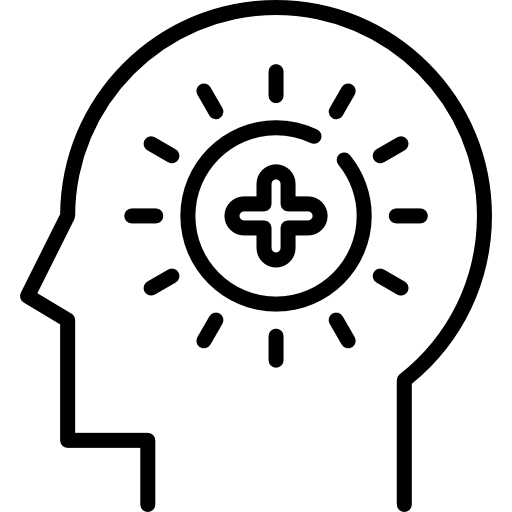Are you worried about an upcoming science class, or perhaps you are struggling with one you are currently taking?
You've probably tried to write down everything said in class and read your textbook several times, only to discover that the information just isn't sticking.

If you're wondering how to get good grades, let's review some learning strategies that will help you ace your science class.
Study Habits: the Good and the Bad
Imagine that you ride your bike to class and you need to cross a large open field. If you cross that field once, the path will disappear before you ride home. If you travel that trail every other day for two weeks, it will be well-worn.
This is how learning works. Good study habits create a solid path to new information.
 Photo by Evelyn Mostrom on Unsplash
Photo by Evelyn Mostrom on UnsplashLook at these study habits and compare them to your current strategies.
Good Study Habits
Read the text before class
Attend class
Take notes on key ideas
Self-quizzing

Bad Study Habits
Procrastination
Cramming
Re-reading
Writing everything down
Have you used some of these bad habits in your science classes? Let's take a look at how to implement the good habits.
1. Read Before Class
Reading the assigned material before class exposes you to the material and creates the first trip down the path to gain new knowledge.
 Photo by Seven Shooter on Unsplash
Photo by Seven Shooter on UnsplashTo make reading an impactful experience, try these strategies:
Only read a maximum of 10 pages per sitting.
Review the main ideas and summary before starting your reading.
Create questions based on the main ideas and summary.
Focus on answering the questions as you read.
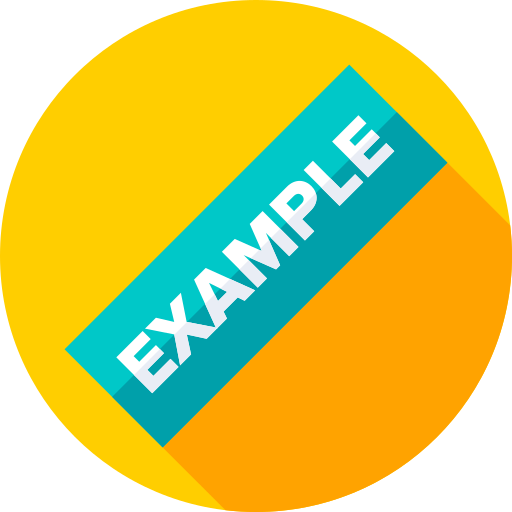
You're reading the first ten pages of a chapter on cell structure. You note the headings of the cell membrane, nucleus, and types of cytoplasm and read the summary to confirm your thoughts. Based on this information, you write the following questions.
What are the components of cell structure?
What is the function of the cell membrane?
What is the role of the nucleus?
What are two types of cytoplasm?
As you read the chapter, you focus on answering these questions.
2. Attend Class
It is important to attend class because the reading material you explored is only a supplemental teaching tool.
The test and quizzes will draw from information you learn in class and the text. Many science classes also offer hands-on lab work that will allow you to connect what you read and hear to physical activities.
 Photo by Mimi Thian on Unsplash
Photo by Mimi Thian on UnsplashThe benefits of attending class:
Create connections between topics
Hands-on explorations
An opportunity to ask questions
A chance to hear your classmate's questions
3. Take Effective Notes
There are several methods for taking practical notes. One important concept to remember is that you should not write down everything word for word.
The Cornell note-taking system is a popular method.
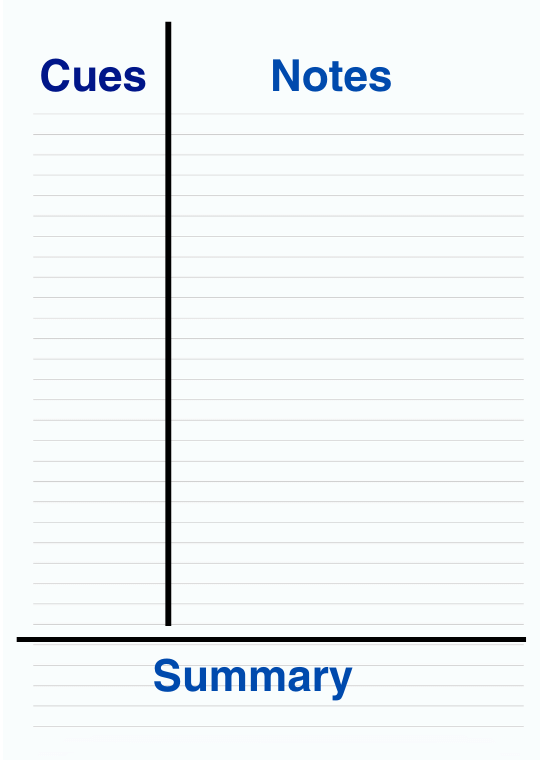 Format your paper with the three sections cues, notes, and summary.
Format your paper with the three sections cues, notes, and summary.
Notes: write down short summaries of the information you hear or see in class
Cues: write down questions that you have during the lecture
Summary: write down what you learned today in a couple of sentences.
There are several other methods of note-taking. Try out a few until you find one that fits your style. Check out this Byte to help you answer the questions you propose in your cue.
4. Self Quizzing
Self-quizzing is a study method that allows you to practice applying the concepts you have learned in a low-risk situation.
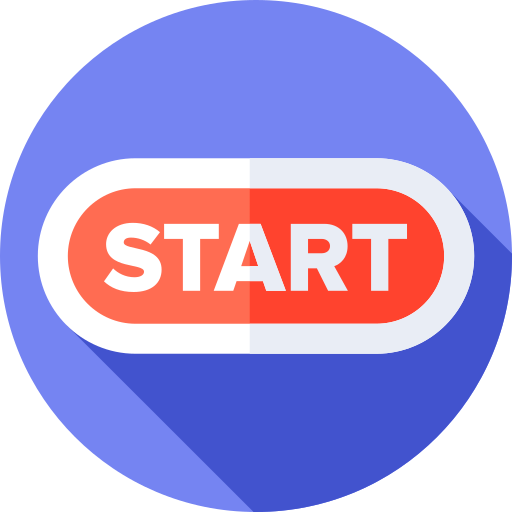
How to get started:
Use the questions at the end of the chapters.
Use the questions you developed while reading.
Use the questions you wrote while taking notes.
Create new questions that let you apply the knowledge.
It's important to note that you should create and practice these quiz questions regularly. They can also be used to study for a test but will only be effective if used throughout the class.
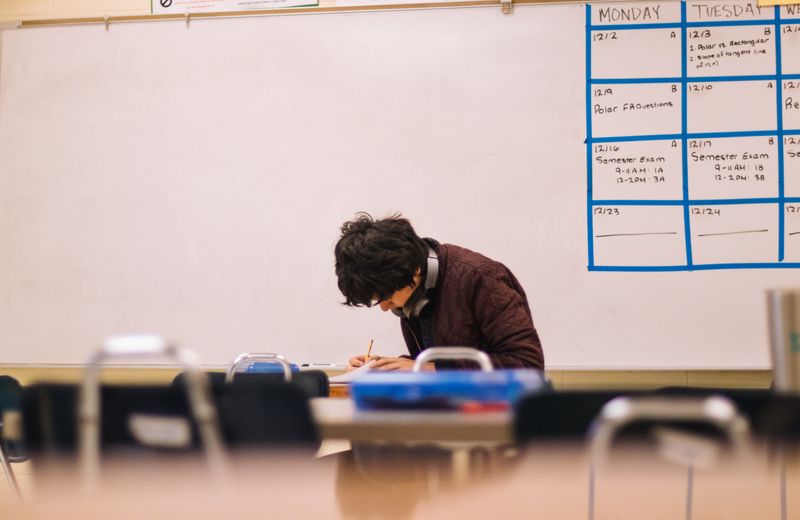 Photo by Jeswin Thomas on Unsplash
Photo by Jeswin Thomas on UnsplashConsider the information we discussed about cell structure. Creating quiz questions that allow you to apply the concepts will be the most impactful way to review.
Let's imagine we're creating self-quizzing questions on cell structure. Which questions would require us to apply the concepts we learn?
A. How does the cell membrane serve the cell?
B. What do the ribosomes produce?
C. Where is the nucleus located?
D. What processes and components of the cell are used for energy production?
Quiz
Select all that apply.
Take Action
 Photo by NEXT Academy on Unsplash
Photo by NEXT Academy on UnsplashLearning is all about creating new pathways to information. If you put in the work, you'll see the results. Get ready for a great semester with these helpful steps on how to get good grades in science class:
Your feedback matters to us.
This Byte helped me better understand the topic.

